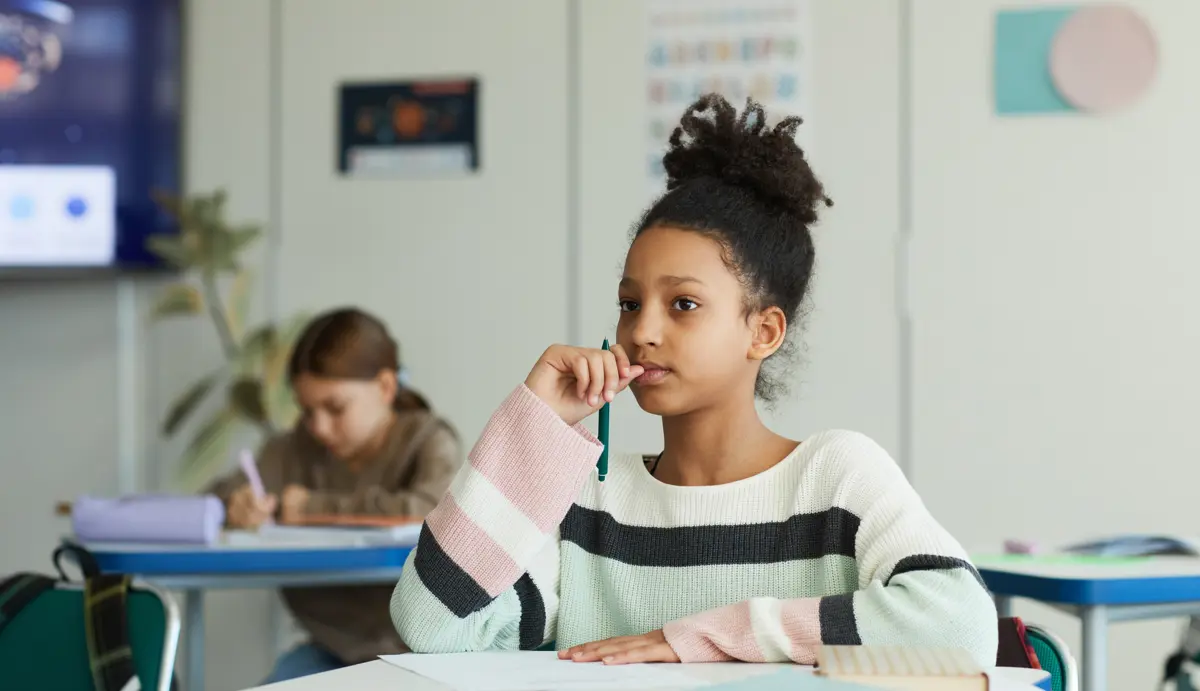Introduction to fraud and scams




This lesson contains content from a lesson previously titled Money skills lesson four: Dealing with financial dilemmas, you can find out about the updates here.
This lesson features in the financial education scheme of learning for 11-14 year olds. A ready-made sequence of curriculum linked resources to help you build progression in your learners' knowledge over time. Visit the Scheme of learning homepage to support with your planning.
The Introduction to fraud and scams lesson focuses on encouraging students to understand the difference between fraud and scams and recognise how to perceive different financial mistakes and threats.
Resources
- Introduction to fraud and scams: Lesson plan - for use with a group of students in the classroom.
- Introduction to fraud and scams: Presentation slides - to display to students and use alongside the lesson plan.
Lesson learning outcomes
By the end of the lesson students will be able to:
- Understand the difference between fraud and scams.
- Recognise different types of fraud and scams and perceive different financial mistakes and threats.
- Understand how to protect their data, keep their financial information safe and develop good online habits.
- Define what a money mule is and understand the negative consequences.
They also develop students’ core transferable skills such as problem solving and communication.
These resources align to the Young Money Financial Education Planning Framework and have been awarded the Young Money Quality Mark.
Why not include financial capability as a focus in your students’ wider curriculum? Refer to our Content guide to find out how LifeSkills resources can be used in PSHE or Maths lessons.
If you want to increase your own confidence to teach young people about money, Young Money provide free e-learning training to teachers across Primary and Secondary education. In addition, National Numeracy has a free website which helps you practise and refresh your everyday maths skills.
A free account gives you access to all educator content, tools and resources
Already have an account?
Log inGet started
Thank you for liking
Help us to continue creating relevant content for you by leaving some additional feedback.



